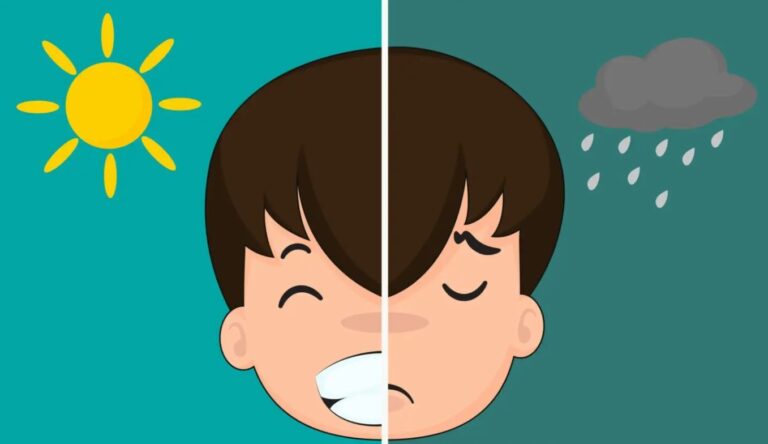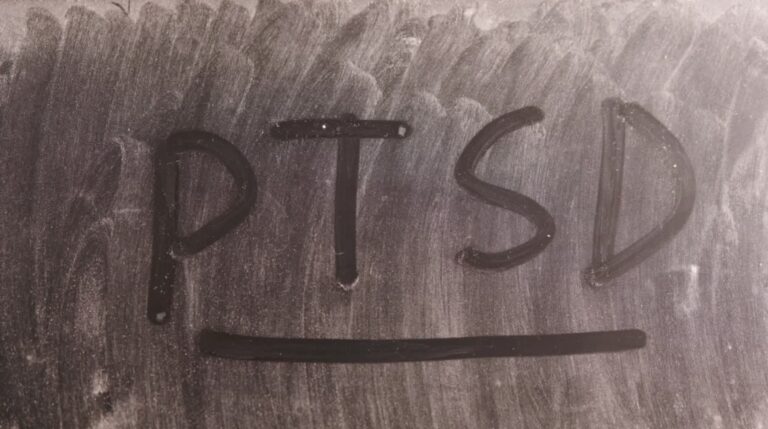Fear, trauma, and anger are strong emotions that can have a big impact on how we feel mentally and how happy we are.
These feelings are part of what it means to be human, but sometimes they can take over our lives.
To improve our emotional well-being, it’s important to understand how these emotions work together.
That’s why today, I want to dig deeper into how these emotions affect each other and our lives.
How Does Fear Work?
Fear is a primal emotion related to our survival instincts.
It is a form of mechanism that triggers the body’s “fight-or-flight” response to perceived threats.
Fear alerts us to potential danger and prepares our bodies to respond.
This response involves a series of physiological changes such as increased heart rate, rapid breathing, and heightened senses.
Chronic fear can lead to a range of mental health issues, including anxiety disorders and depression.
It can also cause physical health problems, such as cardiovascular disease and a weakened immune system.
“Conditioned fear is the type you acquire through experience.” – Vadim Bolshakov, PhD
What’s the Impact of Trauma?
Trauma is a response to a deeply distressing or disturbing event that can cause feelings of helplessness, and diminish the sense of self and the ability to feel a full range of emotions.
It can activate from a variety of situations, such as physical or sexual abuse, a serious accident, or a natural disaster.
The impact on life can be serious and long-lasting.
Trauma can lead to a range of psychological issues, including depression, anxiety, and PTSD.
Trauma can also affect relationships, work, and daily activities.
Besides that, it can cause physical symptoms, such as headaches, nausea, and insomnia.
What Links Them Together?
There is a strong relationship between fear and trauma.
They both represent the immediate response to a traumatic event and prepare the body to defend itself or escape from the threat.
However, when the fear response is too intense or prolonged, it can lead to trauma.
In some cases, such a response can become “stuck,” leading to chronic fear and anxiety.
This is often the case in PTSD, where the person continues to relive the traumatic event through flashbacks and nightmares, leading to persistent feelings.
Anger
Anger is a natural, often intense emotion characterized by antagonism toward someone or something you feel has deliberately done you wrong.
It can give you a way to express negative feelings or motivate you to find solutions to problems.
Excessive anger can cause problems – increased blood pressure and other physical changes associated with anger make it difficult to think straight and harm your physical health.
Anger is also a response to feelings of being threatened or wronged.
It can serve as a protective mechanism, helping people assert themselves and establish boundaries.
When anger becomes chronic or uncontrollable, it can lead to a range of consequences, including relationship problems, health issues, and even legal troubles.
How Fear Translates into Anger
Fear and anger are closely linked and they can often be confused with each other.
The main reason is that they both involve high arousal and can be triggered by similar situations.
In many cases, it can translate into anger when the person feels the need to defend himself against a perceived threat.
An example could be a survivor of domestic abuse. The trauma of the abuse can lead to hypervigilance, making the survivor more likely to respond with anger to perceived threats.
However, fear can also lead to aggressive behavior and conflict, especially when the individual is not aware that the fear is driving the anger.
Coping Mechanisms
There are various coping mechanisms that people might use to deal with fear, trauma, and anger.
These can range from healthy strategies, such as mindfulness and cognitive-behavioral techniques, to unhealthy ones, such as substance abuse and avoidance.
Healthy coping mechanisms can help individuals manage their emotions, reduce their impact on their daily lives, and promote healing and recovery. These might include relaxation techniques, physical activity, social support, and therapeutic interventions.
They can also involve learning to identify and challenge negative thought patterns, improving emotional regulation skills, and developing healthier responses to triggers.
On the other hand, unhealthy coping mechanisms can exacerbate the issues and lead to additional problems. For instance, substance abuse can provide temporary relief from fear, trauma, and anger, but it can also lead to addiction and other health issues.
Similarly, avoidance can prevent individuals from confronting their emotions and addressing the underlying issues, prolonging their suffering.
Therapeutic Approaches
These can include cognitive-behavioral therapy (CBT), dialectical behavior therapy (DBT), trauma-focused cognitive-behavioral therapy (TF-CBT), and eye movement desensitization and reprocessing (EMDR), among others.
- CBT and DBT can help individuals identify and challenge negative thought patterns, improve emotional regulation skills, and develop healthier responses to triggers.
- TF-CBT and EMDR are specifically designed to help individuals process and overcome traumatic experiences, reducing their impact on the individual’s emotions and behavior.
These therapeutic approaches can be highly effective, but they require the guidance of a trained mental health professional. If you or someone you know is struggling with fear, trauma, or anger, it’s important to seek professional help!
How to Prevent These Emotions?
Preventing and managing fear, trauma, and anger involves a combination of self-care practices, therapeutic interventions, and lifestyle changes. Self-care practices might include regular physical activity, a healthy diet, adequate sleep, and relaxation techniques such as mindfulness and meditation.
Therapeutic interventions, as discussed earlier, can help individuals process and overcome traumatic experiences, manage their fear and anger, and develop healthier coping mechanisms. These might involve individual therapy, group therapy, or medication, depending on the individual’s needs and preferences.
Lifestyle changes can also play a crucial role. This might involve reducing exposure to triggers, improving social support networks, and developing a regular routine.
FAQs
Related Posts:
- Probiotics and Mental Health - The Gut-Brain Connection
- What is Post Trauma Stress Disorder (PTSD)? Causes,…
- What Is Depression? Causes, Symptoms, and Treatment
- What is Schizophrenia? Causes, Symptoms, and Treatment
- What is Anxiety? Causes, Symptoms, and Treatment
- What is Schizoaffective Disorder? Causes, Symptoms,…















